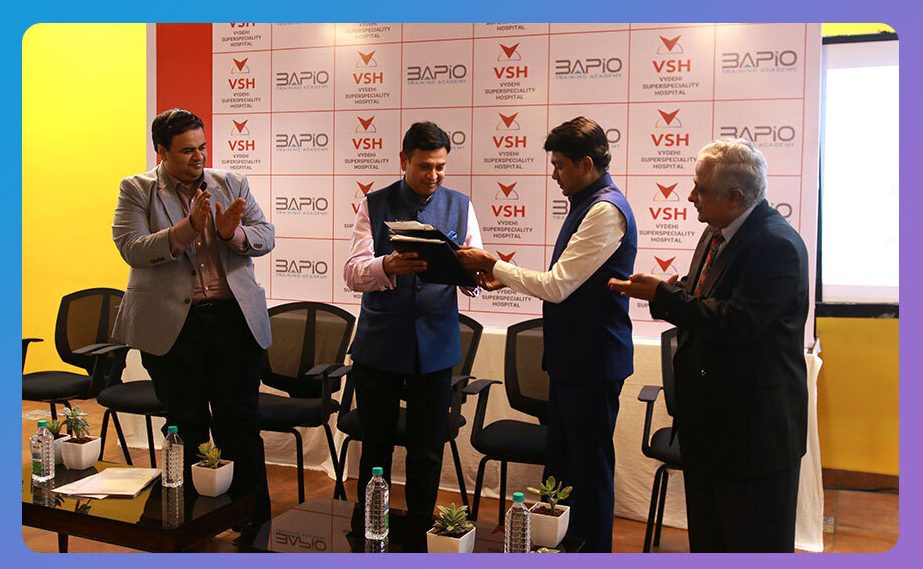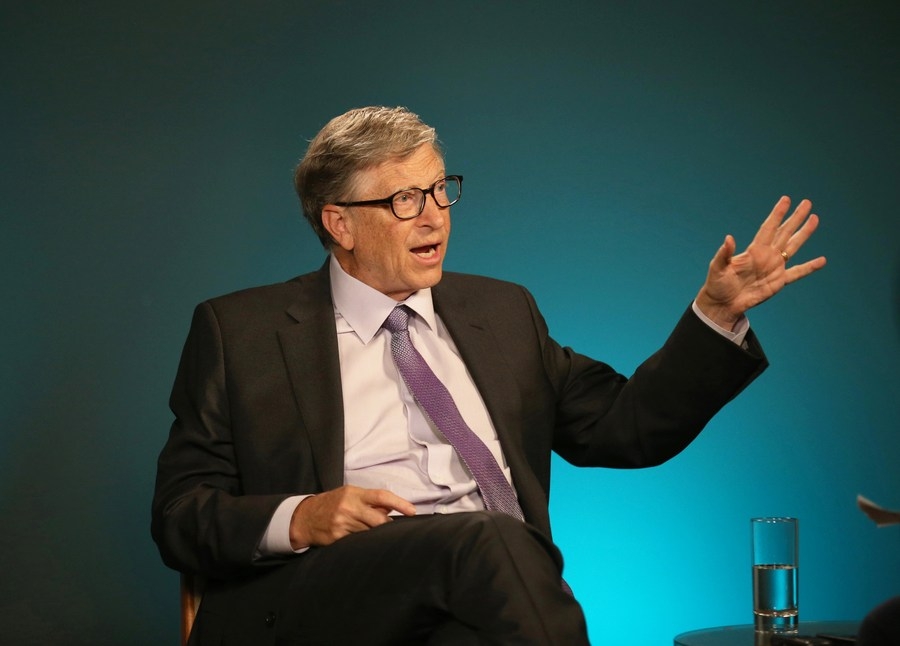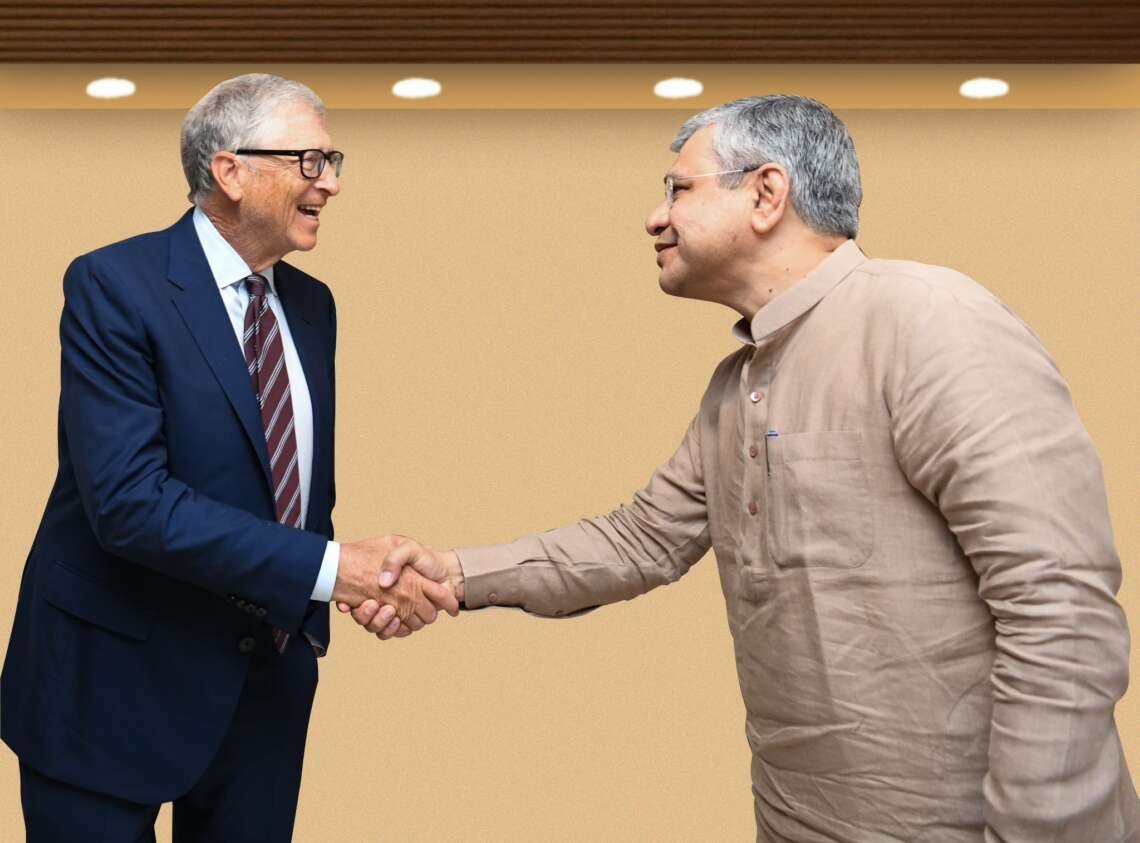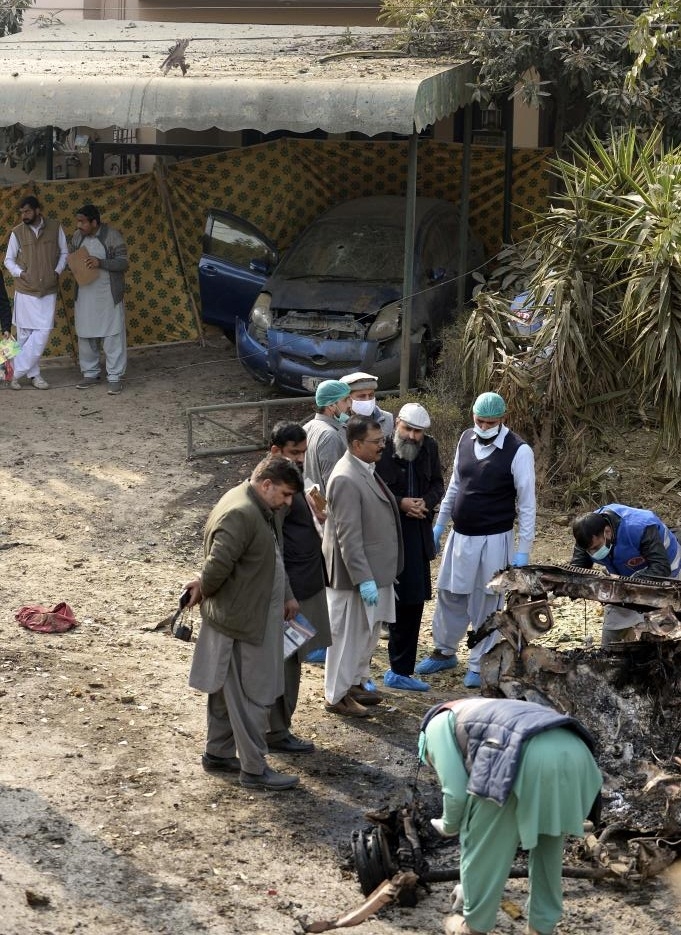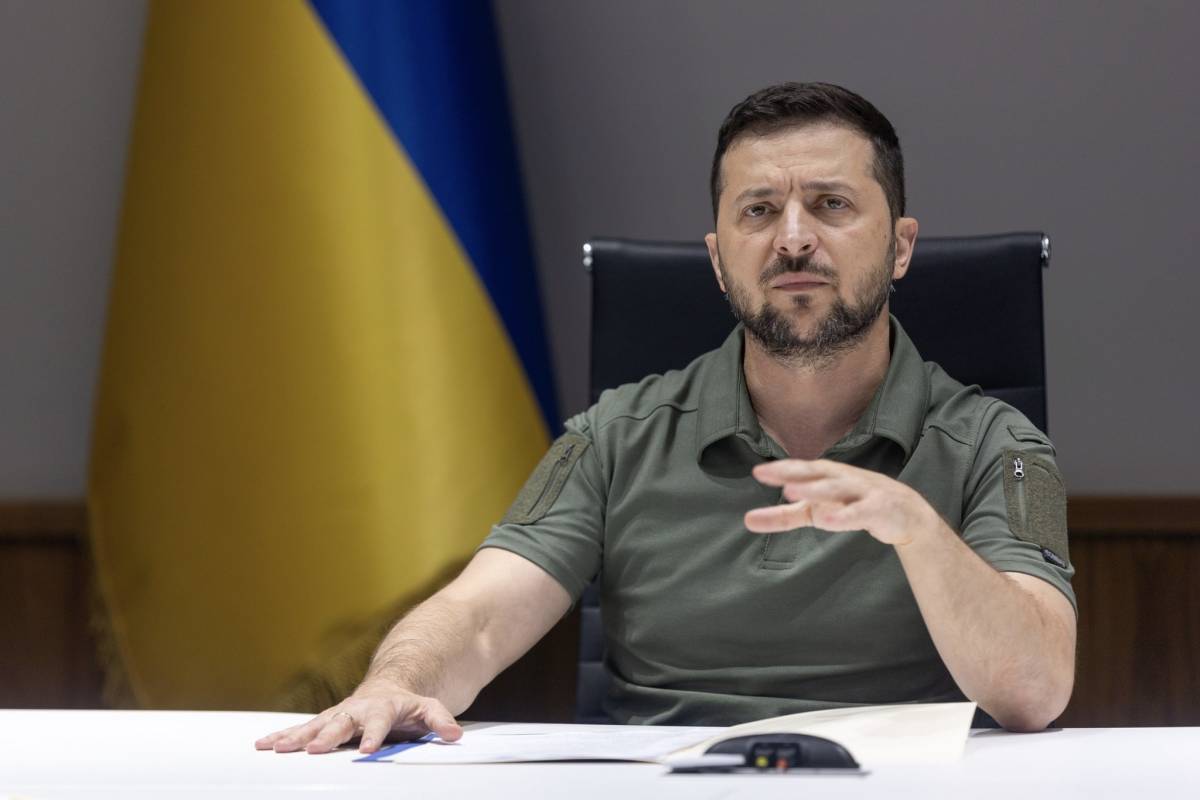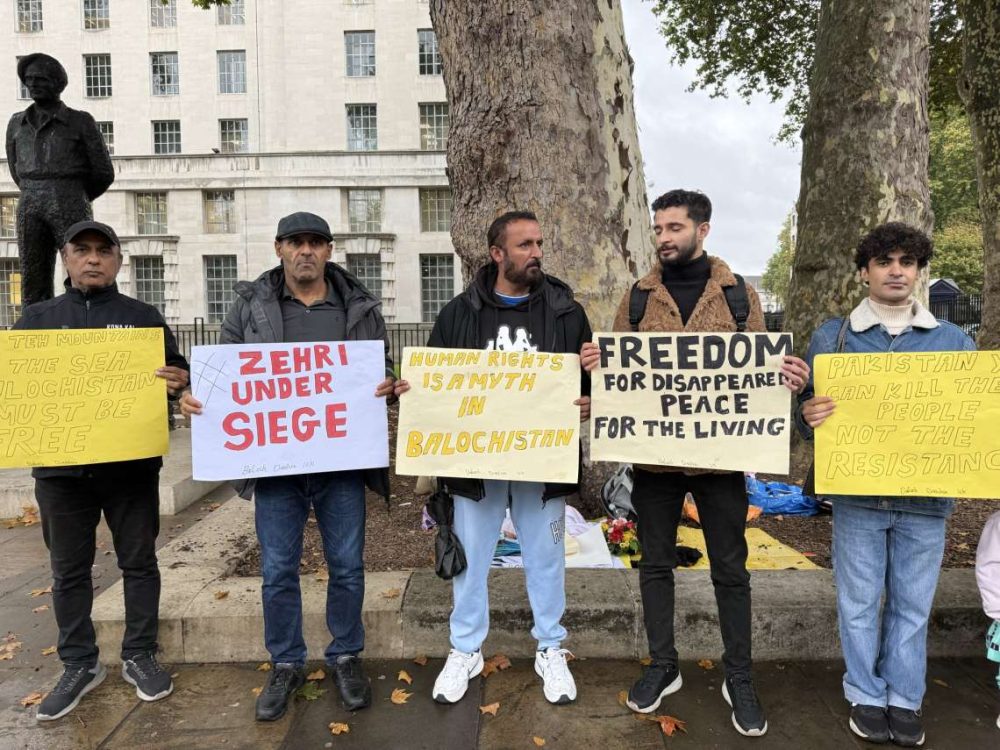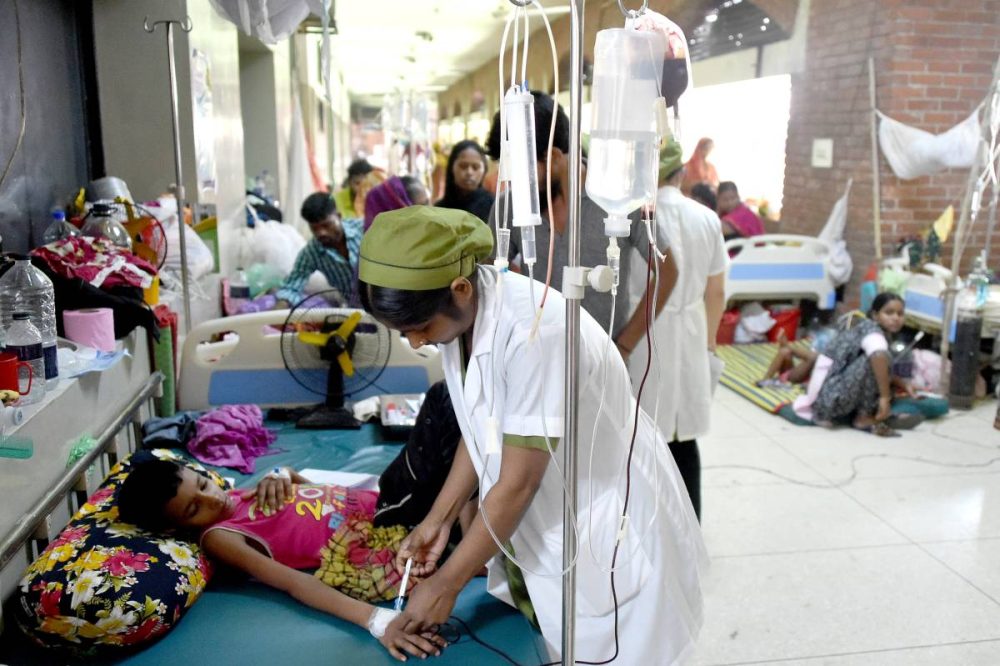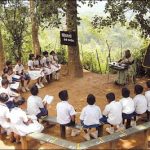The British Association of Physicians of Indian origin (BAPIO) and BAPIO Training Academy (BTA) UK have drawn up plans to forge tie-ups between Indian hospitals and UK based medical education Universities, Rahul Laud reports
The latest two tie ups and signing of MoUs in the last two months- September-November 2022 between British Association of Physicians of Indian origin (BAPIO) and BAPIO Training Academy (BTA) UK and Bangalore hospitals – Gleneagles and Vydehi Super speciality (formerly Mallya hospital) demonstrates the fact that the vast Indian medical community that serves the NHS in the UK has been an active and conscientious supporter of the NHS system. They have cherished the values of top class quality patient care in the UK. The tie ups are with the aim of developing and providing world-class training and exchange programs for doctors and nurses in India to meet the growing demands of effective and safe delivery of emergencies.
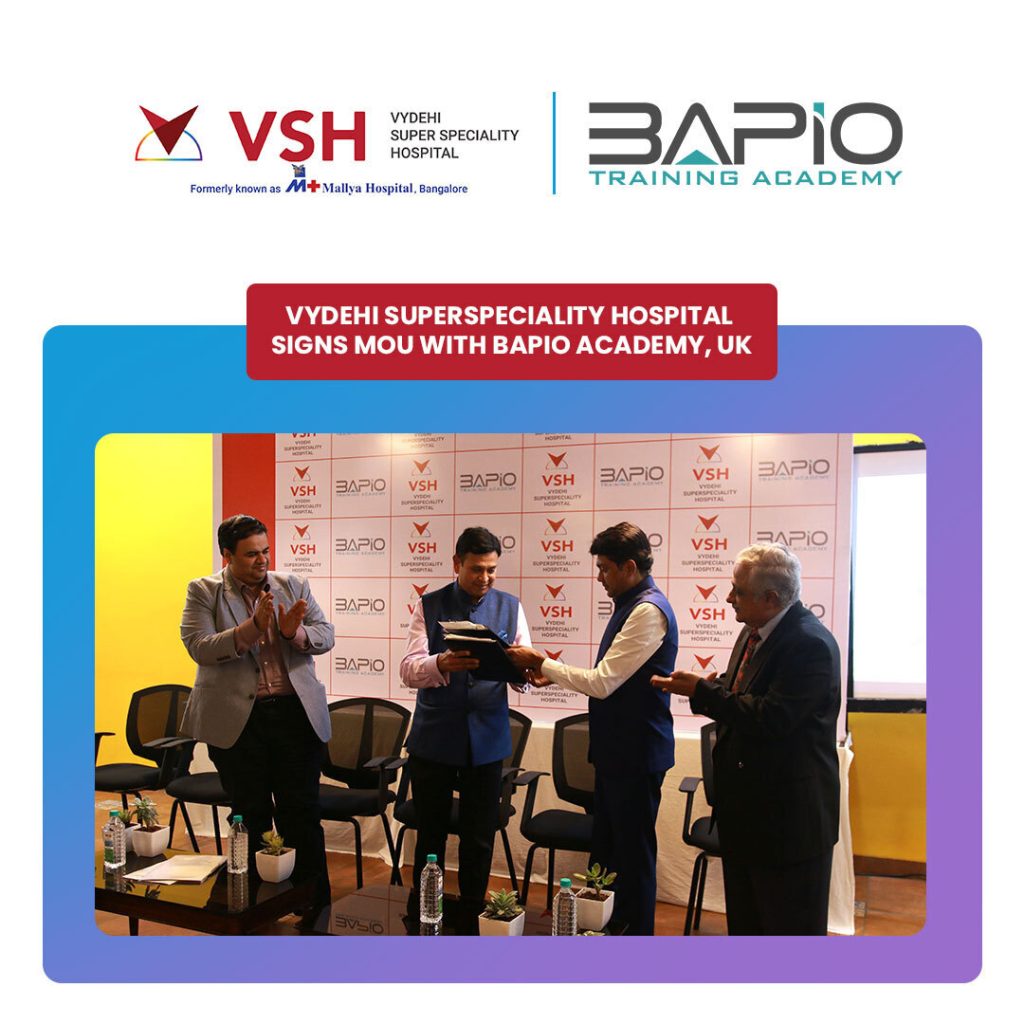
BAPIO with its Education Academy in the UK has actively geared up its resources to mitigate the current crisis faced by the NHS system. Given an Estimated lack of 12,000 doctors and 50,000 nurses in the UK, the BAPIO is seeking tie-ups with leading hospitals in India and engage in training and ensure trained professionals are recruited in both the countries.
Chandru Iyer, as the Deputy High Commissioner UK in Bangalore in his tweet said, “Such tie ups will enhance collaborative training avenues for Indian medical students and professionals in the UK.” It has been BAPIO’S strategy to promote professional & clinical excellence. Prof Parag Singhal, Executive Director- BTA and National Secretary –BAPIO explained, “This training initiative is designed specially to help International doctors gain experience at core and higher levels in UK hospitals.” The BTA Indo-UK Training Programme has been developed in partnership with University of South Wales and Kingsway Hospitals.
The Indo-UK Training Programmes organised by Prof Parag Singhal under the auspices of Bapio Training Academy has been devised to assist Indian doctors seeking higher qualification and Training and as aspiring career in medicine in India and help realising the dream of Ayushman Bharat.
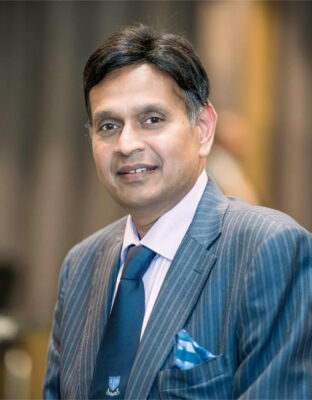
An Advanced Specialty Training Program is designed by providing structured clinical training to candidates in Indian Institutions/Hospitals for 2 years and 2 years in the U.K. supported by enrollment in MBA in Healthcare leadership from UK University.
Singhal elaborated that the purpose is, “To train highly skilled Indian physicians in Family and General Medicine, Paediatrics, Psychiatry and Emergency Medicine and Leadership and Research in order to manage, lead and develop especially Family and General Medicine in India, need of the hour in India. Family and General Medicine is the backbone of any robust health service.”
Outlining the Scheme, Singhal elaborated, “During the 2 years, the trainees will work at Indian Hospitals / Institutes (chosen sites) with local trainers and with external training from U.K. faculty. Following completion of training in India, these trainees will receive further 2 years training in the U.K. and will complete all the necessary exams and milestones.”

BTA is the lead organization for this programme and is the link between India and UK. BTA will be responsible for creating a UK visiting faculty, coordinating the faculty visits, induction and mentoring. This unique and innovative programme is a great example of living bridge between U.K. and India and benefits all with India getting trained workforce to help with Ayushman Bharat, U.K. securing a pipeline of good quality doctors to address their workforce crisis.
India is now producing over 82,000 medical graduates every year through its network of 576 medical colleges and the Indian Government has shown keen commitment to reforms in medical profession and education by a series of initiatives as National Health Agency (Ayushman Bharat) & National Medical Commission (NMC), New AIIMS etc. in the health sector.
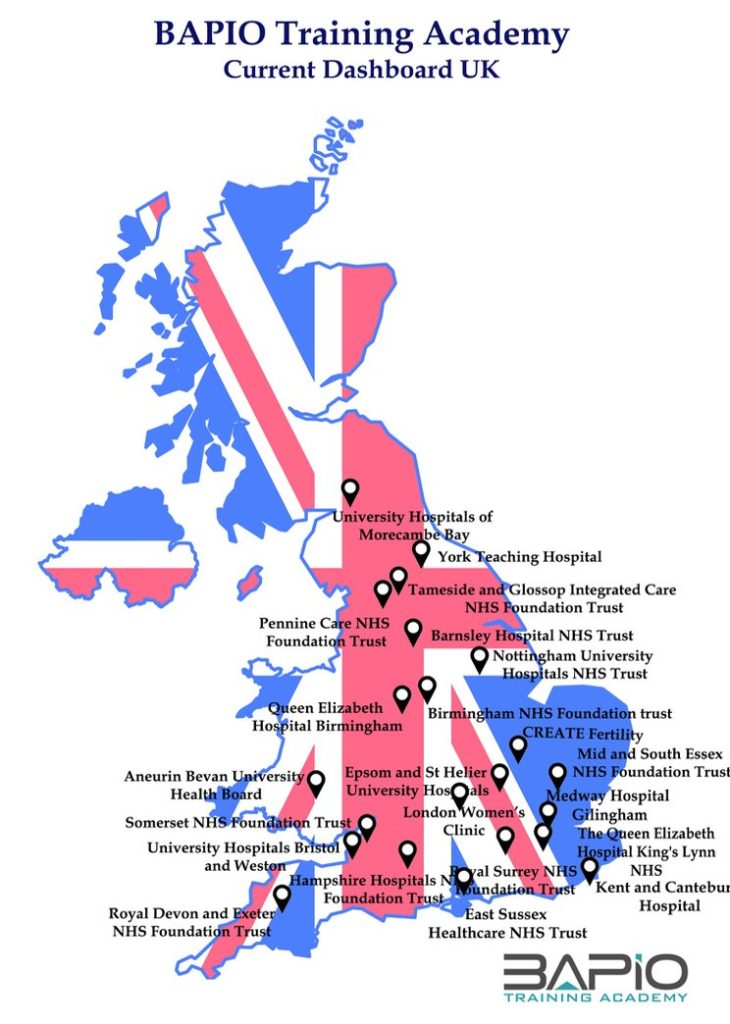
“However, there are limited numbers of Post Graduate training positions and more so for positions that offer a high level of training. Indian medical schools use similar textbooks and curriculum to the UK, which means knowledge and skills are largely transferable between the two systems. Large numbers of doctors of Indian origin already practice in the NHS providing a useful support network for new arrivals,” Singhal further explained.
British training is internationally recognized and is attractive to doctors in India, especially to those who are unable to obtain a PG seat in India.


